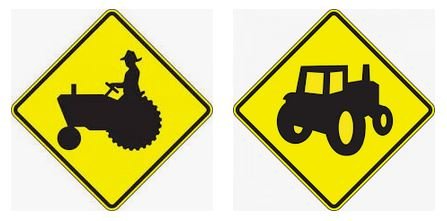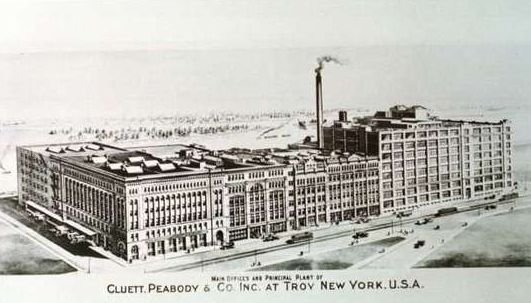I'd like to go back to the original post and the proposition that our world is changing, perhaps faster than anyone thinks.
Back to AI, and to equate that with
efficiency and
cost reduction and how that will affect our younger generation.
Big business has the understandable objective of making more money. The easiest way of doing this, in most cases, is the reduction of wage costs. In effect, the elimination of jobs.
Where do "former employees" go.?
........................................................................................................
Back to the subject of farms. Most recently, 2.2 million farms in the United States. Currently, for many of the reasons stated in posts here, the small farmer is in trouble. Crop and sale problems, an alltime high debt, with no reasonable solutions in sight.
Let's examine a problem that we have within a few miles of my home. Small farmers... 50 to 200 acres. Most in debt for equipment and maintenance, and many owned by aging farmers, who are facing a difficult retirement.
One by one the farms are being bought up by the XYZ Corporation... and in many cases, continuous acreage with nearby farms... also in the same position. Literally thousands of acres. No longer being plowed, sown, grown and harvested by many workers, but replaced by giant machines to do in a day what could otherwise take 20 workers. Machines that do not cost $50,000 but ten times that (even more).
https://www.dailykos.com/stories/2018/2/6/1739361/-The-Corporate-Takeover-of-American-Farming
...................................................................................................
A quick trip back to telephone customer service. No more operators who say "How may I direct your call". More likely "Please listen carefully... dial one for bill payment, dial 2 for making changes to your account, dial 3 for.... etc", and then... despite what many seem to think, low paid operators in distant countries... India, Philippines, China, the Ukraine. Lowering the customer service costs of many, many American Corporations. A loss of tens of thousands of well trained operators. Women or men, a loss of American jobs.
Doesn't seem like such a big deal?... Try this (older) article listing the major corporations that provide this service. Note that while there are many foreign countries involved, the services of most are sustained by U.S. Companies.
https://themanifest.com/answering-services/companies
And we haven't even looked a the loss of Secretarial and mid-management jobs that can be provided by "Alexa".
So far, just touching the surface of two industries that are changing our neartime future.
So many industries, so many parts of life as we know it today. Perhaps thousands of changes to explore, as a result of AI and the trickle down.
Medicine-shortcuts to health, "repair", maintenance, improvement (longer lives)
Education - Teachers, schools and a movement towards perfection.
Transportation - reduction in vehicles, straightline high speed rail 200 mph+
ala China. A step beyond self driving cars. Even a self sustaining infrastructure... Electricity, water, sewer, waste, highways, eldercare, human safety nets.
A step or two beyond the here and now... and just scratching the surface.
Look around your own life, and imagine how many changes there might be in the next 20 years.



